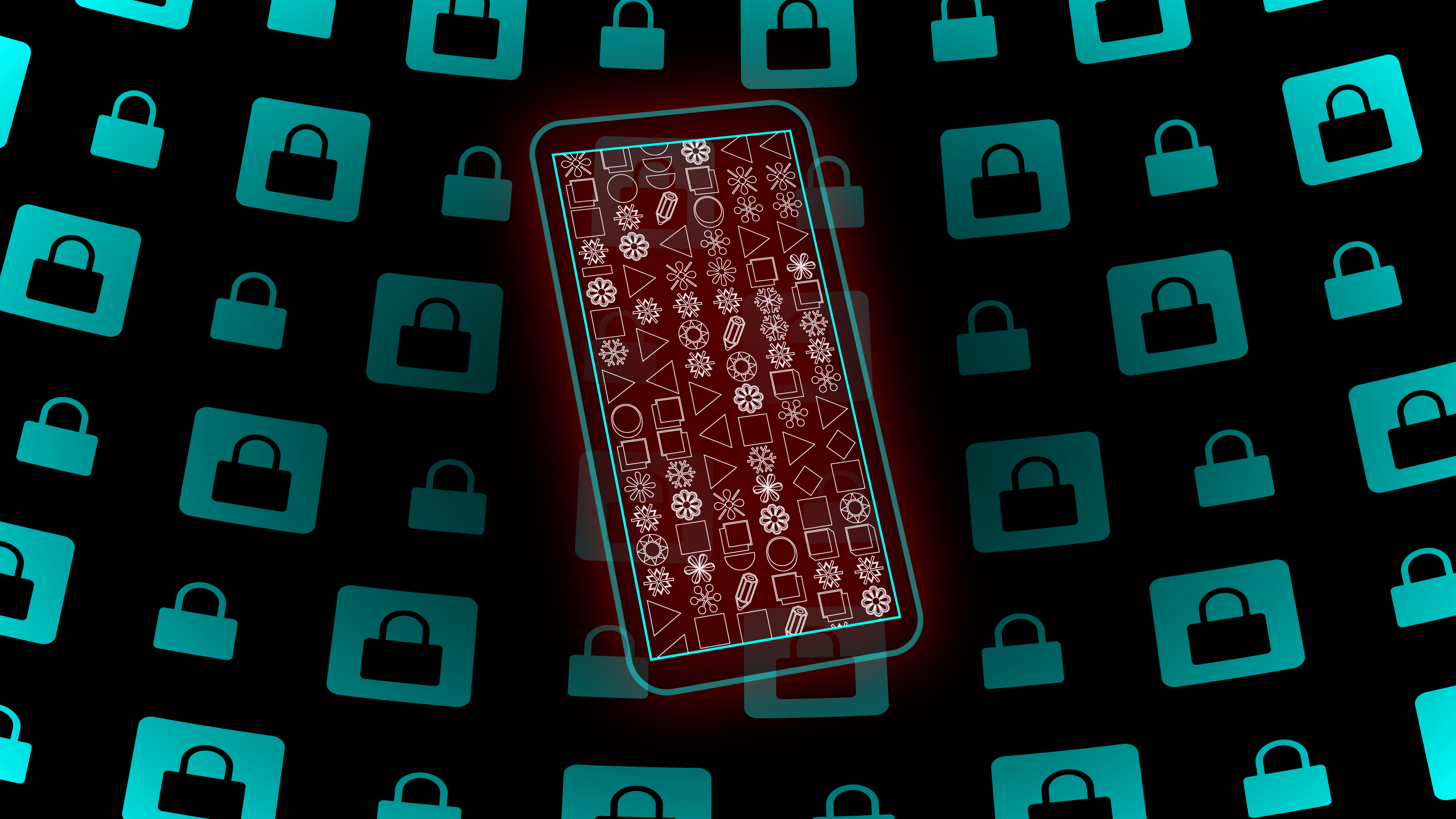Over the past several years, the law enforcement community has grown increasingly concerned about the conduct of digital investigations as technology providers enhance the security protections of their offerings—what some of my former colleagues refer to as “going dark.”
Data once readily accessible to law enforcement is now encrypted, protecting consumers’ data from hackers and criminals. However, these efforts have also had what Android’s security chief called the “unintended side effect” of also making this data inaccessible to law enforcement. Consequently, many in the law enforcement community want the ability to compel providers to allow them to bypass these protections, often citing physical and national security concerns.
I know first-hand the challenges facing law enforcement, but these concerns must be addressed in a broader security context, one that takes into consideration the privacy and security needs of industry and our citizens in addition to those raised by law enforcement.
Perhaps the best example of the law enforcement community’s preferred solution is Australia’s recently passed Assistance and Access Bill, an overly-broad law that allows Australian authorities to compel service providers, such as Google and Facebook, to re-engineer their products and bypass encryption protections to allow law enforcement to access customer data.
While the bill includes limited restrictions on law enforcement requests, the vague definitions and concentrated authorities give the Australian government sweeping powers that ultimately undermine the security and privacy of the very citizens they aim to protect. Major tech companies, such as Apple and Facebook, agree and have been working to resist the Australian legislation and a similar bill in the UK.

Image: Bryce Durbin/TechCrunch
Newly created encryption backdoors and work-arounds will become the target of criminals, hackers, and hostile nation states, offering new opportunities for data compromise and attack through the newly created tools and the flawed code that inevitably accompanies some of them. These vulnerabilities undermine providers’ efforts to secure their customers’ data, creating new and powerful vulnerabilities even as companies struggle to address existing ones.
And these vulnerabilities would not only impact private citizens, but governments as well, including services and devices used by the law enforcement and national security communities. This comes amidst government efforts to significantly increase corporate responsibility for the security of customer data through laws such as the EU’s General Data Protection Regulation. Who will consumers, or the government, blame when a government-mandated backdoor is used by hackers to compromise user data? Who will be responsible for the damage?
Companies have a fiduciary responsibility to protect their customers’ data, which not only includes personally identifiable information (PII), but their intellectual property, financial data, and national security secrets.
Worse, the vulnerabilities created under laws such as the Assistance and Access Bill would be subject almost exclusively to the decisions of law enforcement authorities, leaving companies unable to make their own decisions about the security of their products. How can we expect a company to protect customer data when their most fundamental security decisions are out of their hands?

Image: Bryce Durbin/TechCrunch
Thus far law enforcement has chosen to downplay, if not ignore, these concerns—focusing singularly on getting the information they need. This is understandable—a law enforcement officer should use every power available to them to solve a case, just as I did when I served as a State Trooper and as a FBI Special Agent, including when I served as Executive Assistant Director (EAD) overseeing the San Bernardino terror attack case during my final months in 2015.
Decisions regarding these types of sweeping powers should not and cannot be left solely to law enforcement. It is up to the private sector, and our government, to weigh competing security and privacy interests. Our government cannot sacrifice the ability of companies and citizens to properly secure their data and systems’ security in the name of often vague physical and national security concerns, especially when there are other ways to remedy the concerns of law enforcement.
That said, these security responsibilities cut both ways. Recent data breaches demonstrate that many companies have a long way to go to adequately protect their customers’ data. Companies cannot reasonably cry foul over the negative security impacts of proposed law enforcement data access while continuing to neglect and undermine the security of their own users’ data.
Providers and the law enforcement community should be held to robust security standards that ensure the security of our citizens and their data—we need legal restrictions on how government accesses private data and on how private companies collect and use the same data.
There may not be an easy answer to the “going dark” issue, but it is time for all of us, in government and the private sector, to understand that enhanced data security through properly implemented encryption and data use policies is in everyone’s best interest.
The “extra ordinary” access sought by law enforcement cannot exist in a vacuum—it will have far reaching and significant impacts well beyond the narrow confines of a single investigation. It is time for a serious conversation between law enforcement and the private sector to recognize that their security interests are two sides of the same coin.
